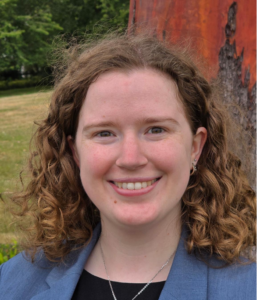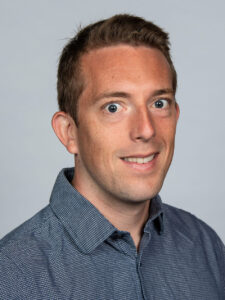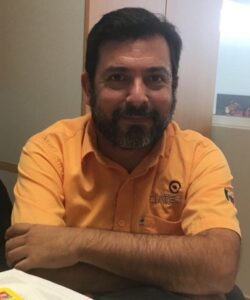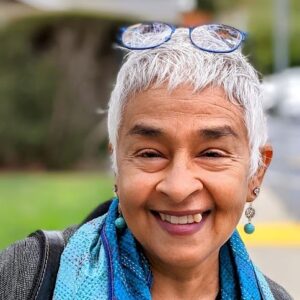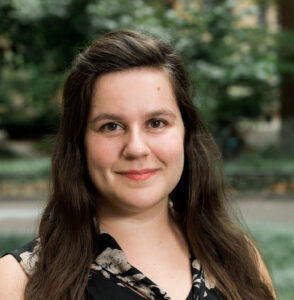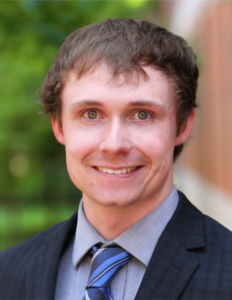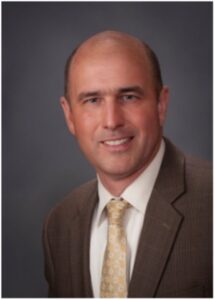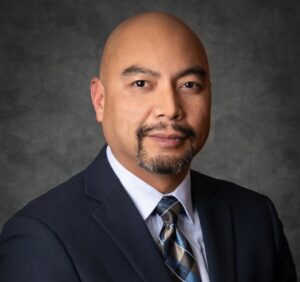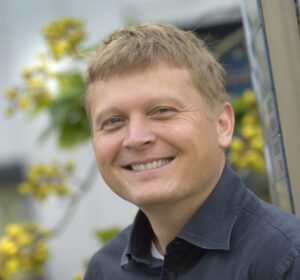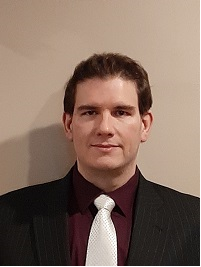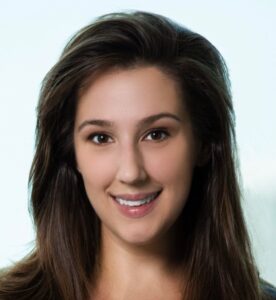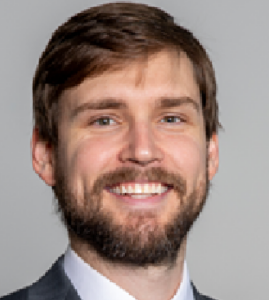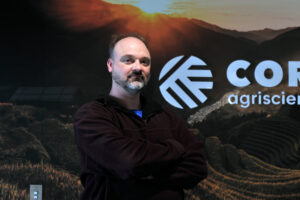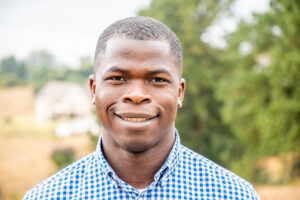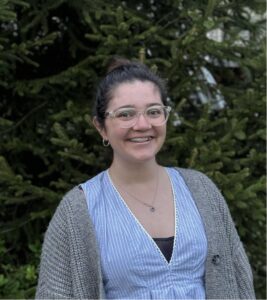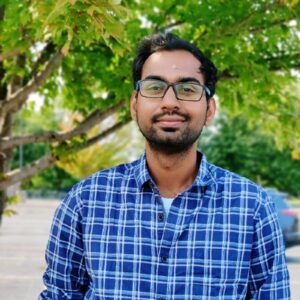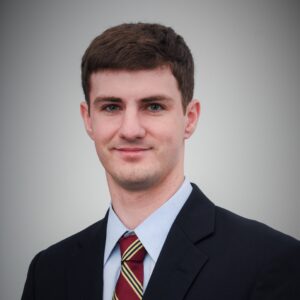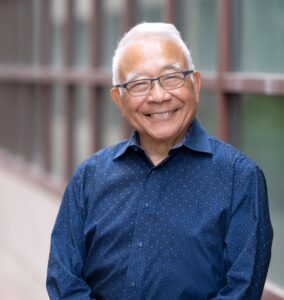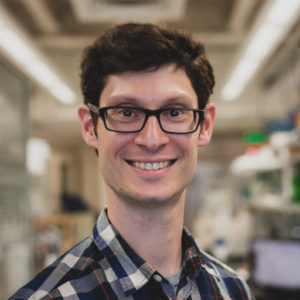Tom Tubon
Thomas Tubon is currently appointed as the Chief Workforce Development Officer for the recently-funded BioIndustrial Manufacturing and Design Ecosystem (BioMADE) Manufacturing Innovation Institute. BioMADE joins eight DoD-sponsored institutes as part of the Manufacturing USA network and is the16th institute invested in creating an end-to-end ecosystems for domestic manufacturing to secure America’s future through manufacturing innovation, education, and collaboration. Dr. Tubon leads the Education and Workforce Development initiatives of the BioMADE Institute, with a focus on building employment readiness for bioindustrial manufacturing and engineering biology.
Prior to his appointment with the BioMADE MII, Dr. Tubon served as a Professor in the Biotechnology Program at Madison Area Technical College for 13 years. During this time, he led several National Science Foundation Advanced Technological Education grant projects to establish and scale an emerging technology program in Stem Cells and Cell Manufacturing and oversee a Coordination Network project for Advanced Manufacturing of Cell and Tissue Products. While at Madison College, Dr. Tubon was responsible for the development of bioscience workforce and strategic implementation of programs for local, regional, and national-level adoption and scale-up. In this role, he has facilitated the creation of a broad network of industry, community, and academic stakeholders, that promote career pathways in Science, Technology, Engineering, and Mathematics (STEM). Dr. Tubon also serves as a subject matter expert with the NSF ATE Mentor Connect and Project Vision Programs.
Since 2019, Dr. Tubon has served as a CoPI on the NSF ATE InnovATEBIO Center for Biotechnology Education, and the NSF Advancing Research Impact in Society (ARIS) Center leadership team for workforce development and strategic partnerships.
Dr. Tubon holds a Ph.D. in Molecular Genetics from Stony Brook University and Cold Spring Harbor Laboratory and a BS in Molecular Biology from San Diego State University.
